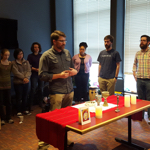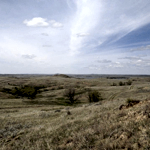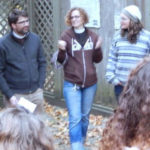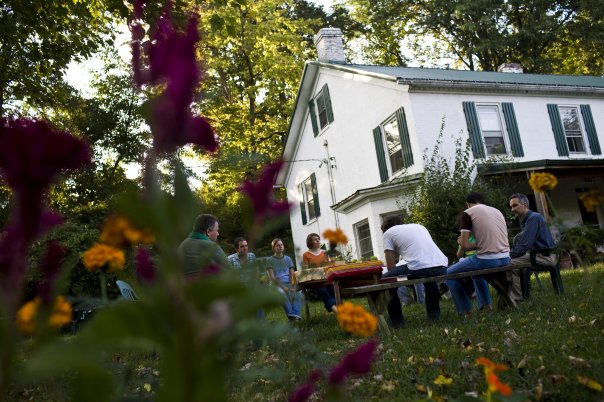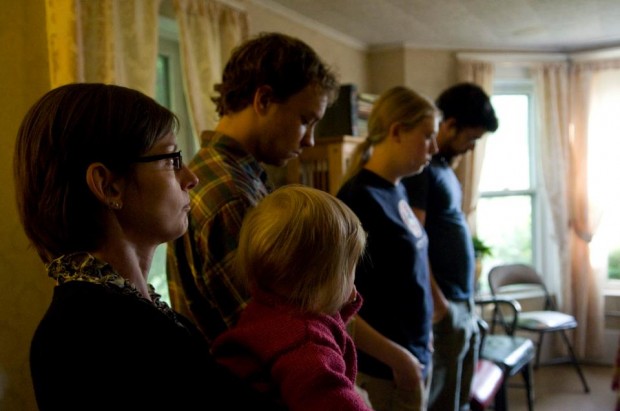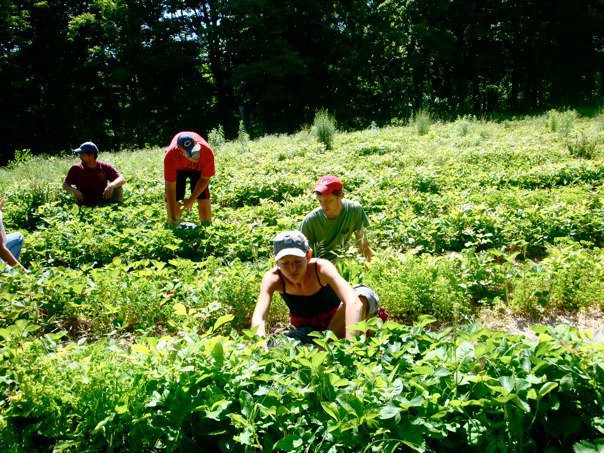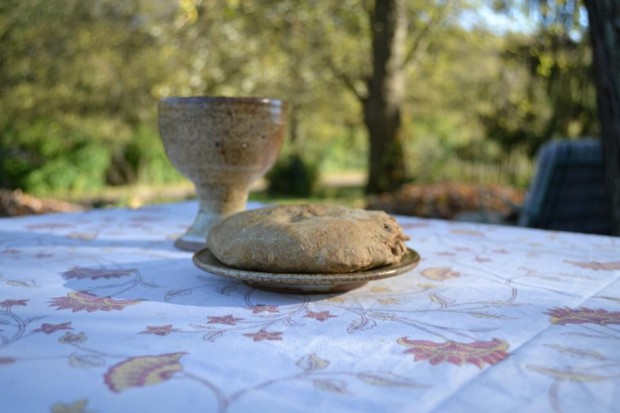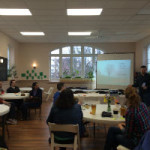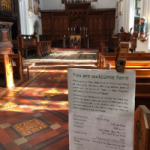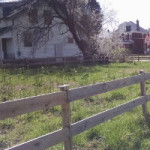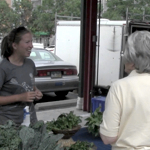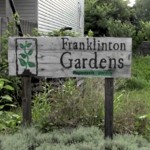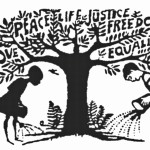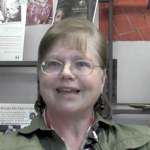Good Earth Farm was an intentional monastic community that lived and worked together from 2008-2013. It started as several community garden plots around Athens but spent about five years located on Armitage Rd. We dreamed of creating a small-scale, sustainable, community farm that not only takes care of the land and the body but seeks to do so for others as well. Our goals were to provide healthy food to those who most need it and to provide a place of education and retreat for visitors.
We worked to reconnect ourselves and others to the very fibers that sustain us–soil, plants, animals, and each other. And, in so doing we believe that a sense of joy is restored to our work, to our lives and to our meals. For more information about our time together, visit our website here.


